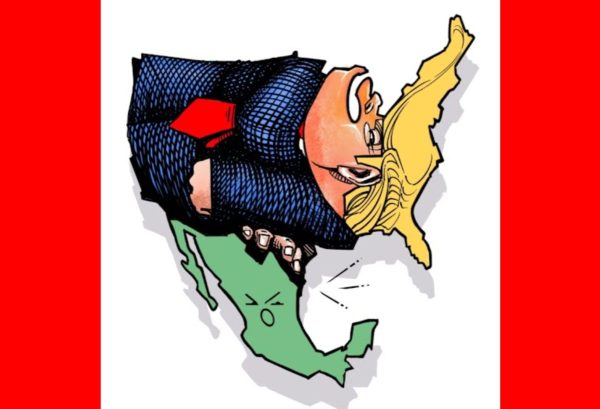In recent weeks, the interaction of the European Union (EU) towards Türkiye has been evident. This situation is very intriguing, since the rapprochement between the two agents had stopped years ago for multiple reasons. Why has contact been renewed? What obstacles might experience?
When, after World War I, Mustafa Kemal Ataturk led the heir state of the Ottoman Empire towards its reconfiguration into the Republic of Turkey, he sought a change in Turkish society. In order to bring modernity to his country, he was convinced that it was necessary to adapt Turkish values, such as secularization, the proliferation of civil liberties and integration into the world economy. In his eyes, a significant part of achieving his national project laid in more assiduous interaction and integration with Europe.
Over the decades, Istanbul has suffered long processes of internal struggle that have largely hampered its closest contact with Europe and, eventually, with Brussels, the seat of the European conglomerate of nations. Until about two decades ago, Türkiye managed to establish agreements with the EU to connect its economy a little more, earning itself the status of associated country. However, that quality expired and has not been recovered.
Why not? There are many reasons. To begin with, it is important to mention that such associated country agreement is a first significant rapprochement that could become a formal proposal for accession to the EU. In this way, it serves so that Brussels can review and assess with more elements the practice and behaviour of the state interested in joining the European conglomerate of nations in the short or medium term, depending on the possibilities, as was going to happen years ago with Ukraine before being cancelled by its then president, leading to the Euromaidan protests; and several years before, with Türkiye.
Another reason has been the kind of agenda that has been driven by President Recep Tayyip Erdogan, who has led Türkiye for two decades. Over time, the Turkish president’s policy has hardened, going from the right to an extreme right at multiple times. This has limited the monitoring and application of several of the basic values and pillars of the EU, such as civil liberties, the rule of law and the protection of Human Rights.
This is precisely one of the substantial concerns that several members of the EU have expressed regarding the closer integration with Türkiye. At the moment, there is no evidence that Istanbul can guarantee the essential values that Brussels seeks. In addition, the frictions of the heir country of the Ottoman Empire with Greece and Cyprus due to historical issues also play an important role in the talks, negotiations, and general opening of the member states. And, as if that were not enough, the risk of migration through the “Turkish bridge” is considered a latent threat by European governments.
There are several obstacles to the strongest interaction. So why the rapprochement between Brussels and Istanbul? There is probably a genuine interest on both sides to strengthen the relationship, although the difference in values is very evident and that could hinder the interaction. However, in recent times we have seen how Türkiye has made decisions that have favoured the West and have harmed Russia, such as supporting Sweden’s integration into the North Atlantic Treaty Organization.
This cooperation is decisive, especially in these delicate moments in the European region. Therefore, perhaps the approximation obeys an interest in linking Türkiye with Brussels in order to detach it from Russia and thus modify the balance of power in favour of the West. It is a possibility that time will show its validity.
Niels Rosas Valdez
Historian and internationalist
@NielsRosasV (Twitter)
(Visited 1 times, 1 visits today)
Last modified: 2 agosto, 2023Tomado de https://lalupa.mx/












Más historias
¡En México, la soberanía alimentaria es tarea urgente!
Lectura de piscina
Lectura de piscina